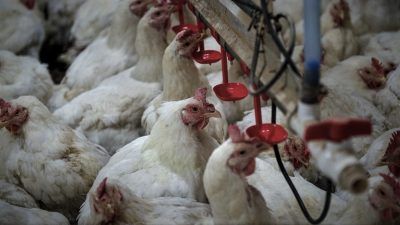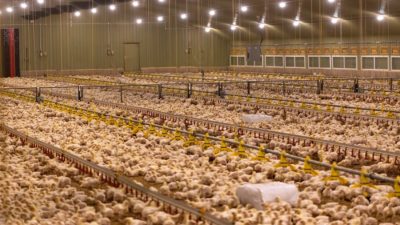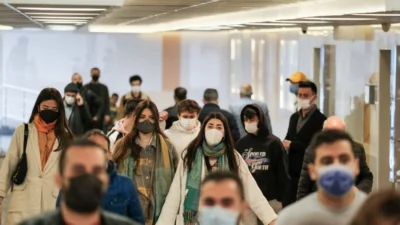Bird flu takes yet another step closer

The bird flu virus H5N1 has been spreading for months among US dairy cows, infecting over 50 herds across nine states. It’s unclear how it is spreading but scientists suspect it may be via contaminated milking equipment. A preliminary study from the University of Copenhagen in Denmark found that mammary glands from a lactating dairy cow contain multiple receptors for H5N1 and raw milk from sick cows contains high virus levels. Furthermore, cats have become infected with bird flu after drinking unpasteurised milk. Of course, adult dairy cows don’t drink milk but they do share the milking equipment.
Although most milk in the US is pasteurised (heated to kill pathogens, such as H5N1), remnants of the virus have been found in 20 per cent of pasteurised milk samples in the US. The Food and Drug Administration (FDA) strongly recommends against drinking unpasteurised milk.
In a further twist, the US Department of Agriculture (USDA) has found that a virus similar to the H5N1 virus infecting dairy cows across numerous states can survive in meat cooked at low temperatures. They used a substitute virus in ground beef and found it could survive a temperature of 120 degrees Fahrenheit (49°C), the temperature of a rare steak. H5N1 has only been found in America’s dairy herds so far, but as in the UK, dairy cows are sold for cheap beef when they are no longer deemed productive enough in the dairy herd. Whether the amount of virus found could infect humans is unclear, experts fear that as H5N1 continues to spread among cattle in the US, rare and undercooked meat may provide a new transmission route to humans potentially triggering the next pandemic. It’s time to go vegan!







